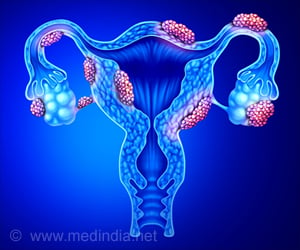Estrogen and progesterone influence a distinct set of brain neurons, triggering parental instincts even before the birth of offspring occurs.

Hormone-mediated neural remodeling orchestrates parenting onset during pregnancy
Go to source). It is well known that while virgin female rodents do not show much interaction with pups, mothers spend most of their time looking after young. It was thought that hormones released when giving birth are most crucial for this onset of maternal behavior.
‘Estrogen and progesterone influenced galanin-expressing neurons in the medial preoptic area (MPOA) of the hypothalamus, known for its role in parenting. #pregnancy #motherhood’





But earlier research also showed that rats who have given birth by Cesarean section, and virgin mice exposed to pregnancy hormones, still display this maternal behavior, suggesting that hormone changes already during pregnancy may be more important. In the current study, the researchers found that female mice indeed showed increased parental behavior during late pregnancy, and that exposure to pups wasn’t necessary for this change in behavior.
Brain recordings showed that estrogen simultaneously reduced the baseline activity of these neurons and made them more excitable, whereas progesterone rewired their inputs, by recruiting more synapses (sites of communication between neurons).
Making these neurons insensitive to hormones completely removed the onset of parental behavior during pregnancy. Mice failed to show parental behavior even after giving birth, suggesting there is a critical period during pregnancy when these hormones take effect.
While some of these changes lasted for at least a month after giving birth, others seem to be permanent, suggesting pregnancy can lead to long-term rewiring of the female brain.
Advertisement
“We think that these changes, often referred to as ‘baby brain’, cause a change in priority – virgin mice focus on mating, so don’t need to respond to other females’ pups, whereas mothers need to perform robust parental behavior to ensure pup survival. What’s fascinating is that this switch doesn’t happen at birth – the brain is preparing much earlier for this big life change.”
Advertisement
The researchers believe the brain may also be rewired in a similar way during pregnancy in humans, as the same hormonal changes are expected to impact the same areas of the brain. This could influence parental behavior alongside environmental and social cues.
Reference:
- Hormone-mediated neural remodeling orchestrates parenting onset during pregnancy - (https://www.science.org/doi/10.1126/science.adi0576)
Source-Eurekalert















